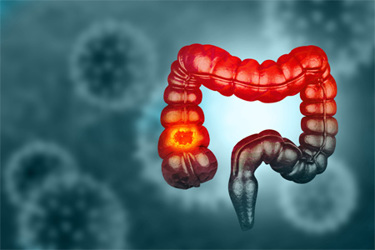Unraveling The Complexities Of Cancer Through More Human-Relevant Models

The prevailing paradigm in preclinical testing for cancer therapeutics is proving inadequate. Oncology drug candidates face the lowest odds of success in clinical trials, with only about five percent of Phase I candidates obtaining FDA approval. A primary cause of this high failure rate is the inaccurate preclinical in vitro and in vivo models relied on by cancer researchers. While traditional in vitro cancer models can replicate certain aspects of human physiology, they often lack crucial elements such as cellular heterogeneity and a dynamic, native microenvironment. Consequently, scientists resort to animal models; however, these models lack human relevance, which leads to ineffective and toxic drugs entering clinical trials. Scientists require models offering a more comprehensive and human-relevant view of cancer progression in order to foster the creation of more successful drug development programs. Organ-on-a-Chip technology addresses many of these challenges. Learn about Organ-Chips and how they are improving 3D cancer modeling.
Get unlimited access to:
Enter your credentials below to log in. Not yet a member of Pharmaceutical Online? Subscribe today.
